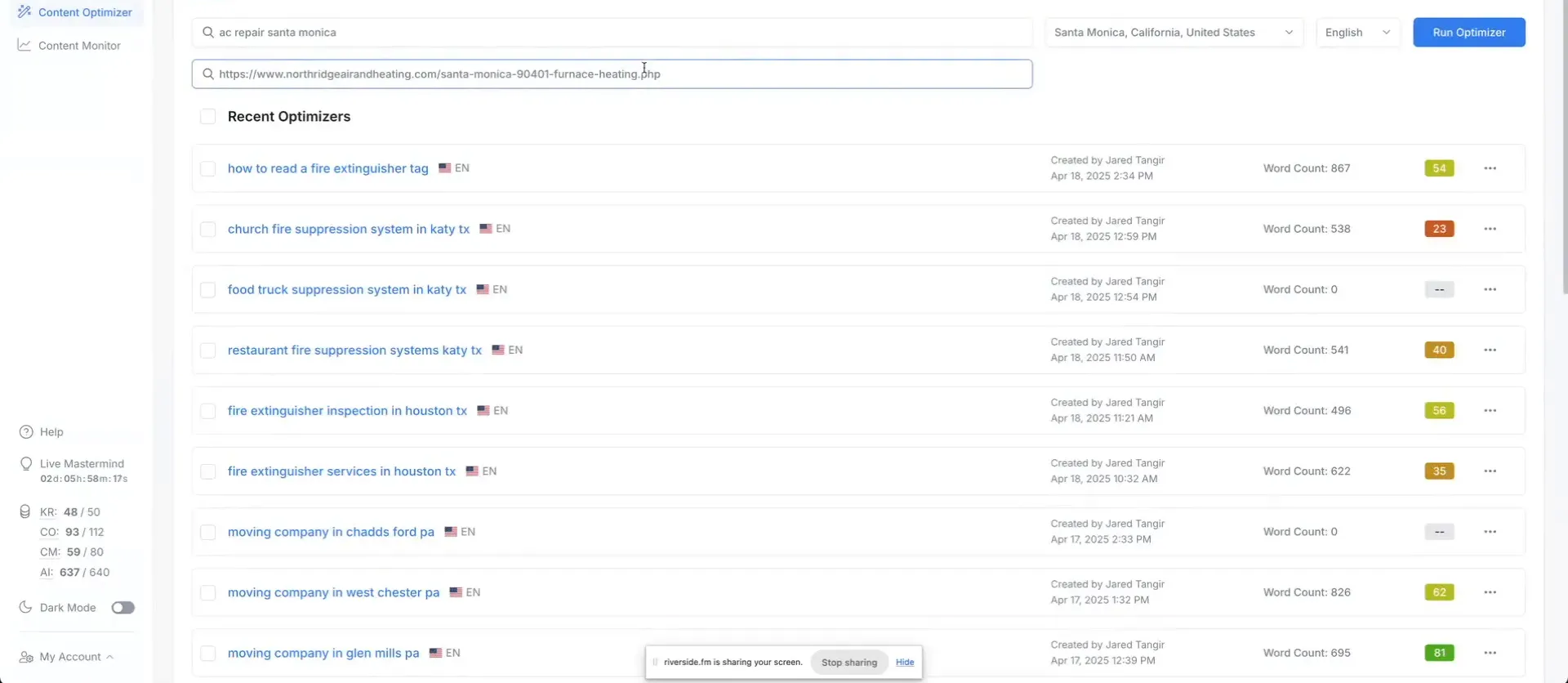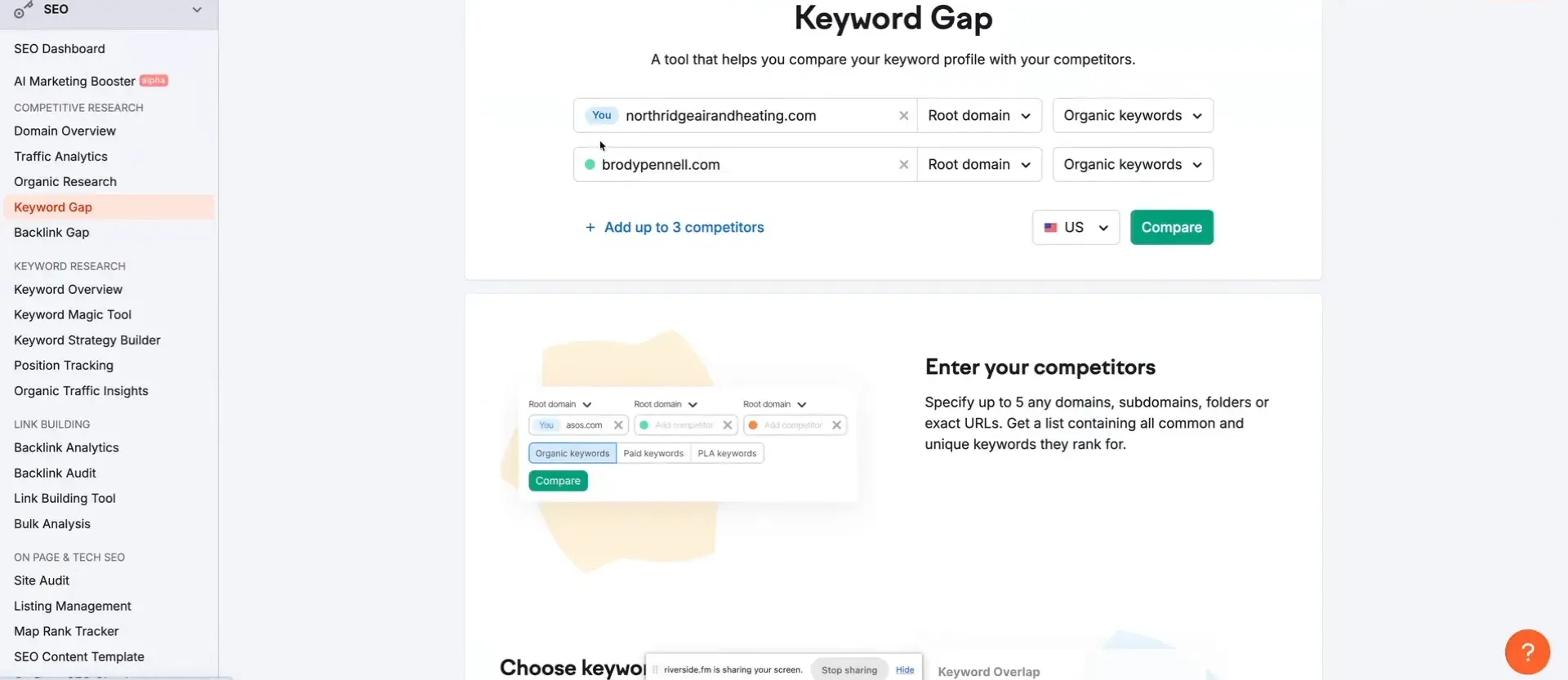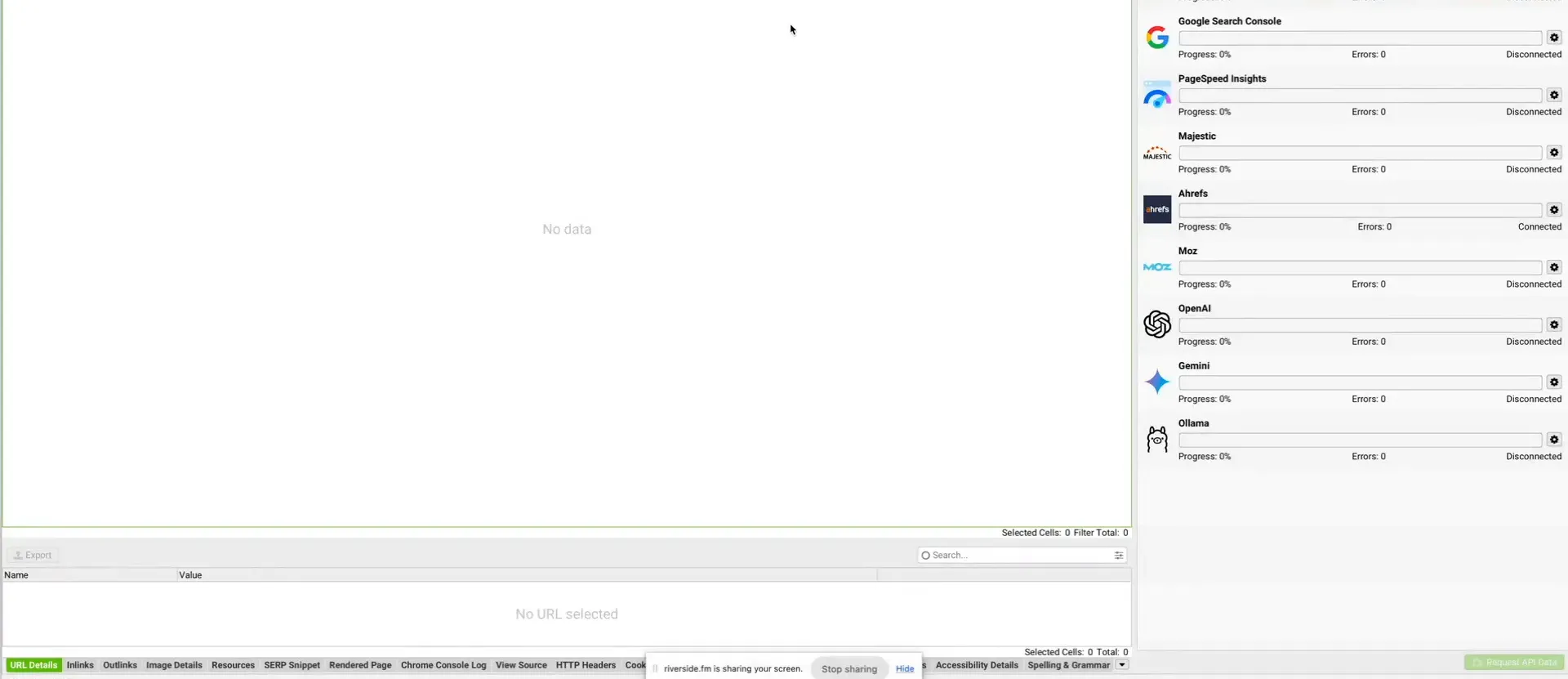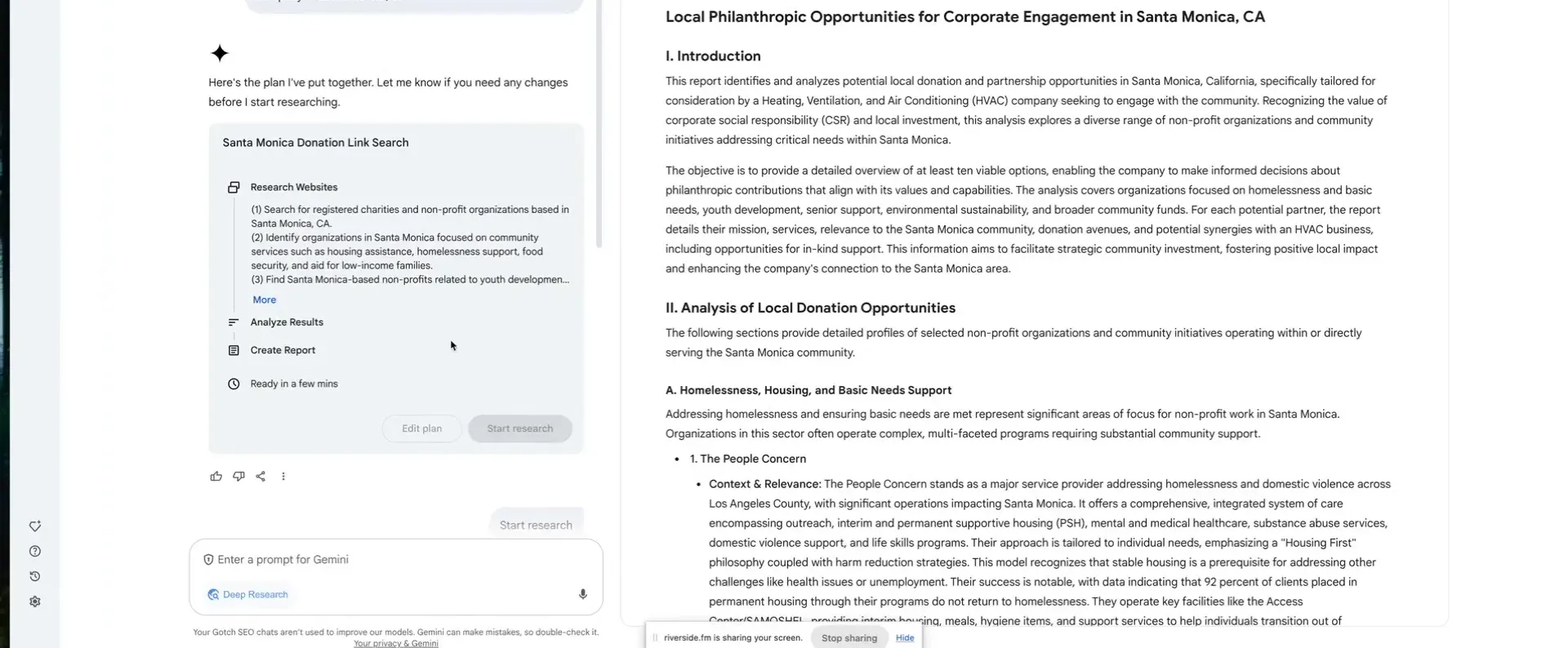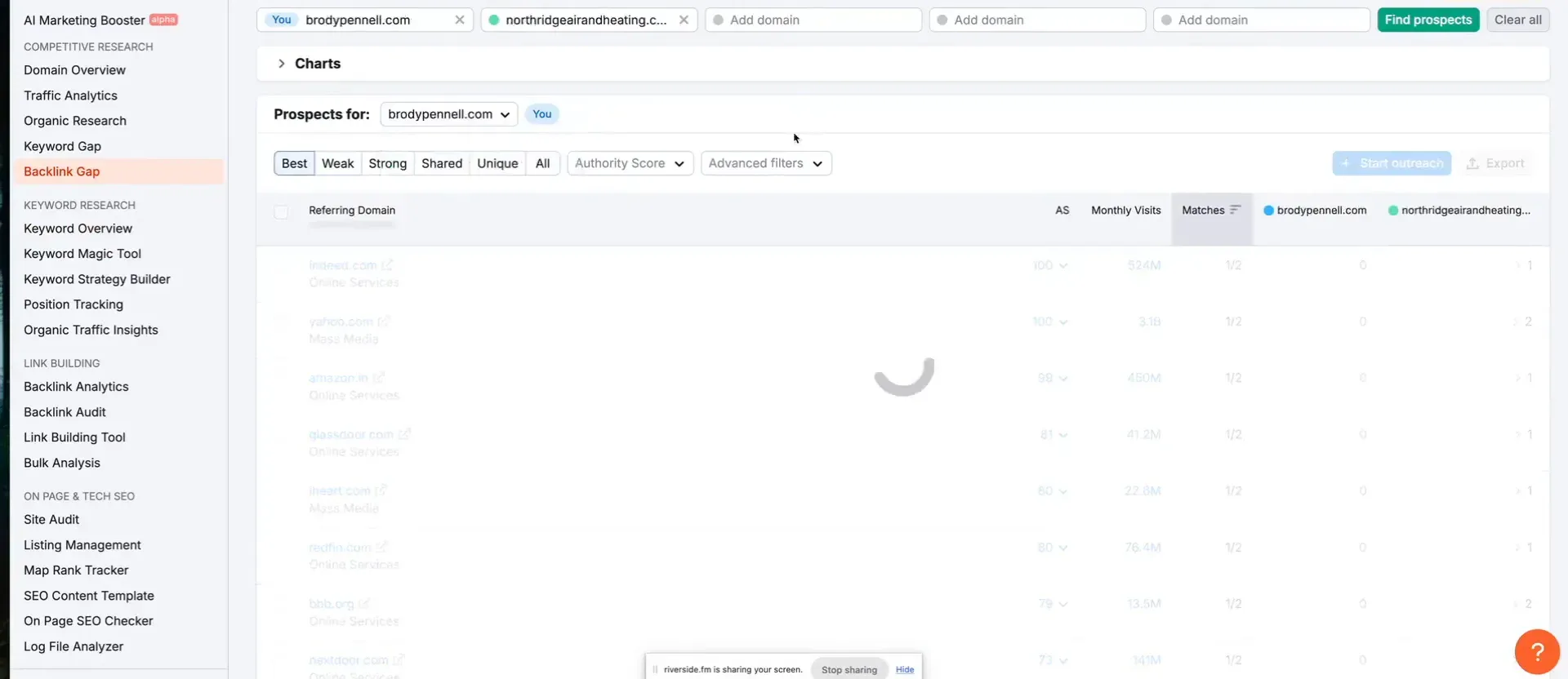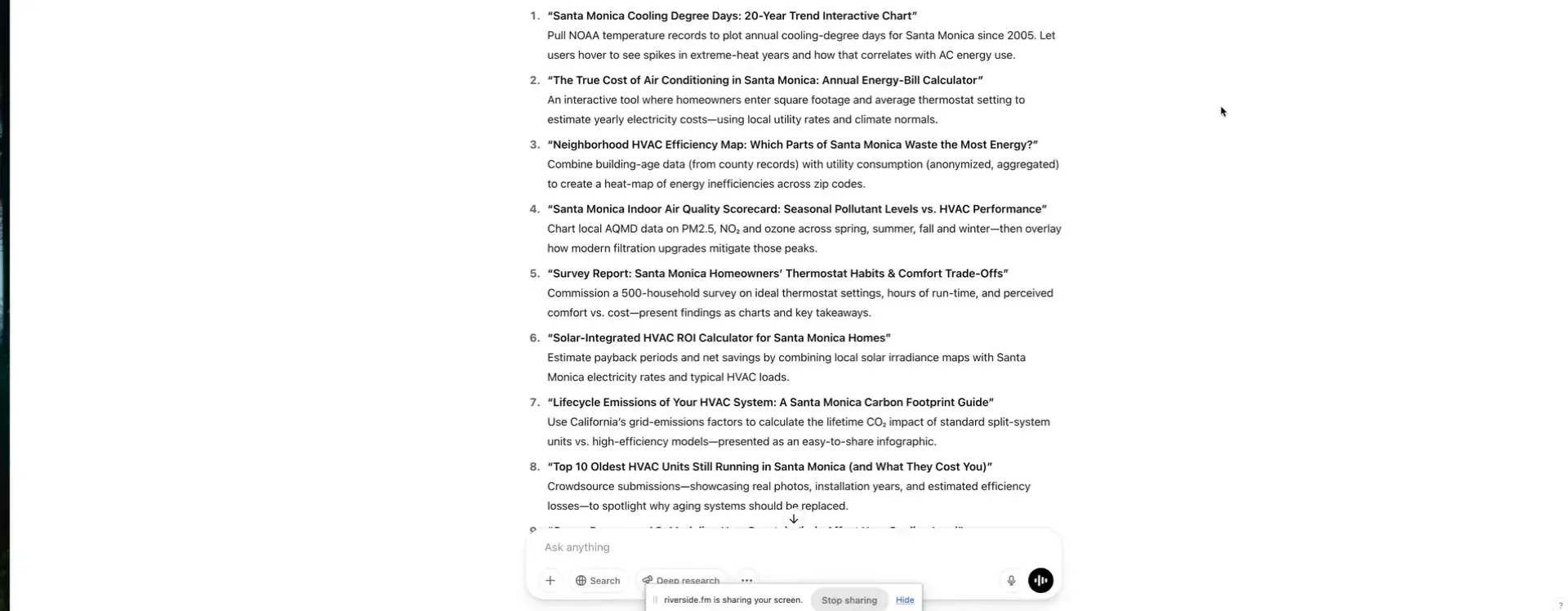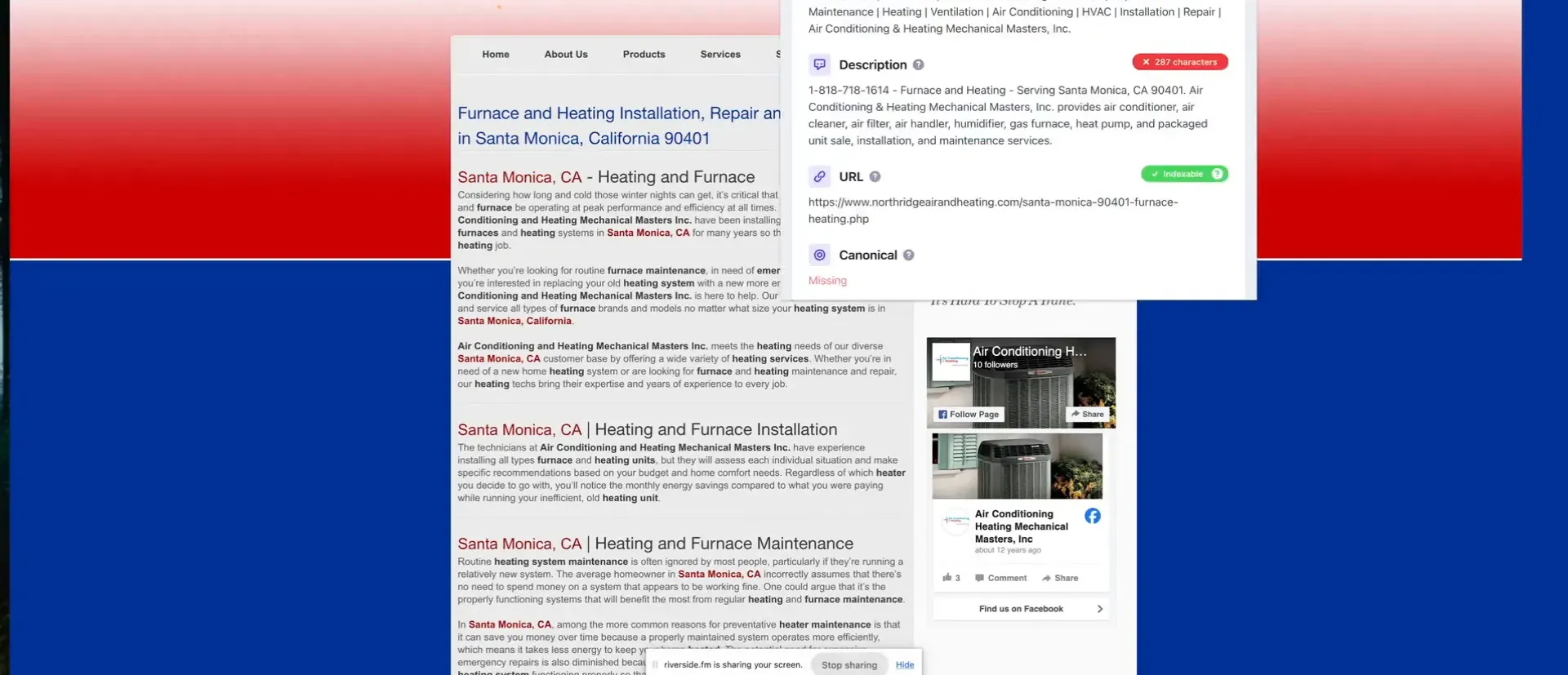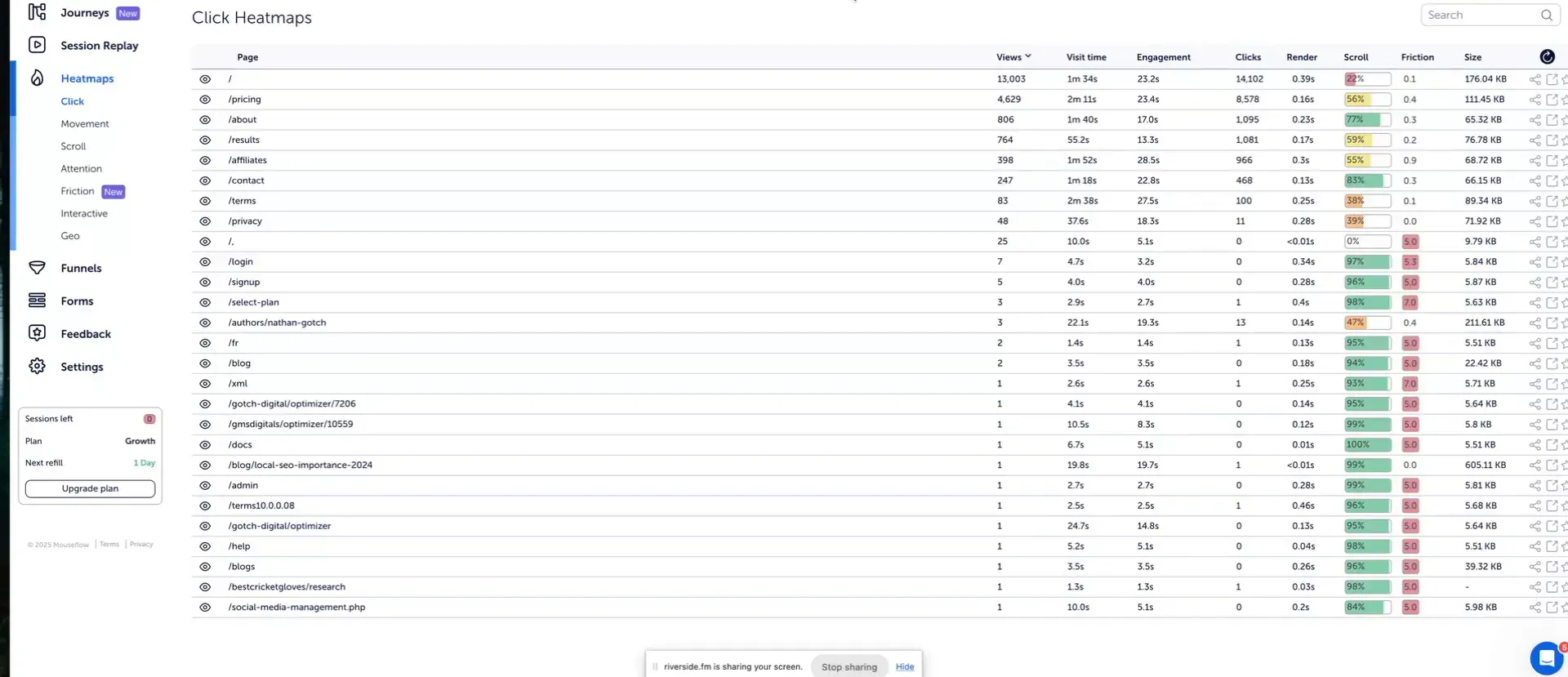Hey everyone! Over the past decade, we’ve tested hundreds of SEO tools, and today, we’re excited to share our top eight must-have tools that help us achieve consistent SEO results. Let’s dive into the tools that make our SEO efforts smoother and more effective.
Table of Contents
- 1. Rankability’s Content Optimizer
- 2. Semrush’s Keyword Gap Tool
- 3. Screaming Frog SEO Spider
- 4. Google’s Gemini Deep Research Tool
- 5. Semrush’s Backlink Gap Tool
- 6. ChatGPT
- 7. Detailed Chrome Extension
- 8. Mouse Flow
- Frequently Asked Questions
1. Rankability’s Content Optimizer
First up is Rankability’s Content Optimizer. This tool is essential for optimizing existing pages around specific keywords. By importing a URL, Rankability crawls the content and provides insights on how well the page is currently optimized. You can also analyze the competition by searching for specific cities, like Santa Monica, to tailor your content accordingly.
2. Semrush’s Keyword Gap Tool
Next is Semrush’s Keyword Gap Tool. This tool allows us to compare our domain with competitors to identify keywords they rank for that we don’t. By focusing on these gaps, we can create dedicated pages or enhance existing ones to improve our performance.
3. Screaming Frog SEO Spider
For crawling and auditing websites, Screaming Frog SEO Spider is our go-to. It integrates with various APIs like Google Analytics and Hrefs to provide a comprehensive overview of a website’s health. We use it to check for broken links, 404 pages, and even keyword cannibalization issues.
4. Google’s Gemini Deep Research Tool
Google’s Gemini Deep Research Tool is fantastic for link prospecting. By inputting simple queries, it generates a report on potential local link opportunities, saving us hours of manual research.
5. Semrush’s Backlink Gap Tool
Another powerful tool from Semrush is the Backlink Gap Tool. This helps us find domains where our competitors have backlinks that we don’t. By analyzing these opportunities, we can develop strategies to acquire similar links and improve our authority.
6. ChatGPT
We also rely on ChatGPT for generating linkbait ideas and content outlines. It helps us brainstorm statistics, data, and research topics that are engaging and relevant to our audience, allowing us to create valuable content that attracts backlinks.
7. Detailed Chrome Extension
The Detailed Chrome Extension is a handy tool for quick page analysis. It provides insights into title tags, meta descriptions, and overall page structure, helping us identify areas for improvement without needing a full crawl.
8. Mouse Flow
Lastly, Mouse Flow is invaluable for understanding user behavior on our pages. By tracking clicks and scrolling, we can see how users interact with our site, allowing us to make data-driven decisions to enhance user experience and SEO performance.
Frequently Asked Questions
Q1: How do I choose the right SEO tools for my business?
A1: Start by identifying your specific SEO needs, such as keyword research, content optimization, or backlink analysis. This will help you select tools that align with your goals.
Q2: Are there free alternatives to these tools?
A2: Yes, while many of these tools offer premium features, there are free alternatives available. For example, Google Analytics and Google Search Console are excellent for tracking performance and health.
Q3: How often should I use these tools?
A3: Regularly using these tools can help you stay ahead of your competitors and adapt your strategy as needed. Monthly audits and continuous monitoring are recommended.
We hope this list helps you elevate your SEO game! If you’re interested in learning more about SEO strategies, check out our resources at Digital Reach. Happy optimizing!
